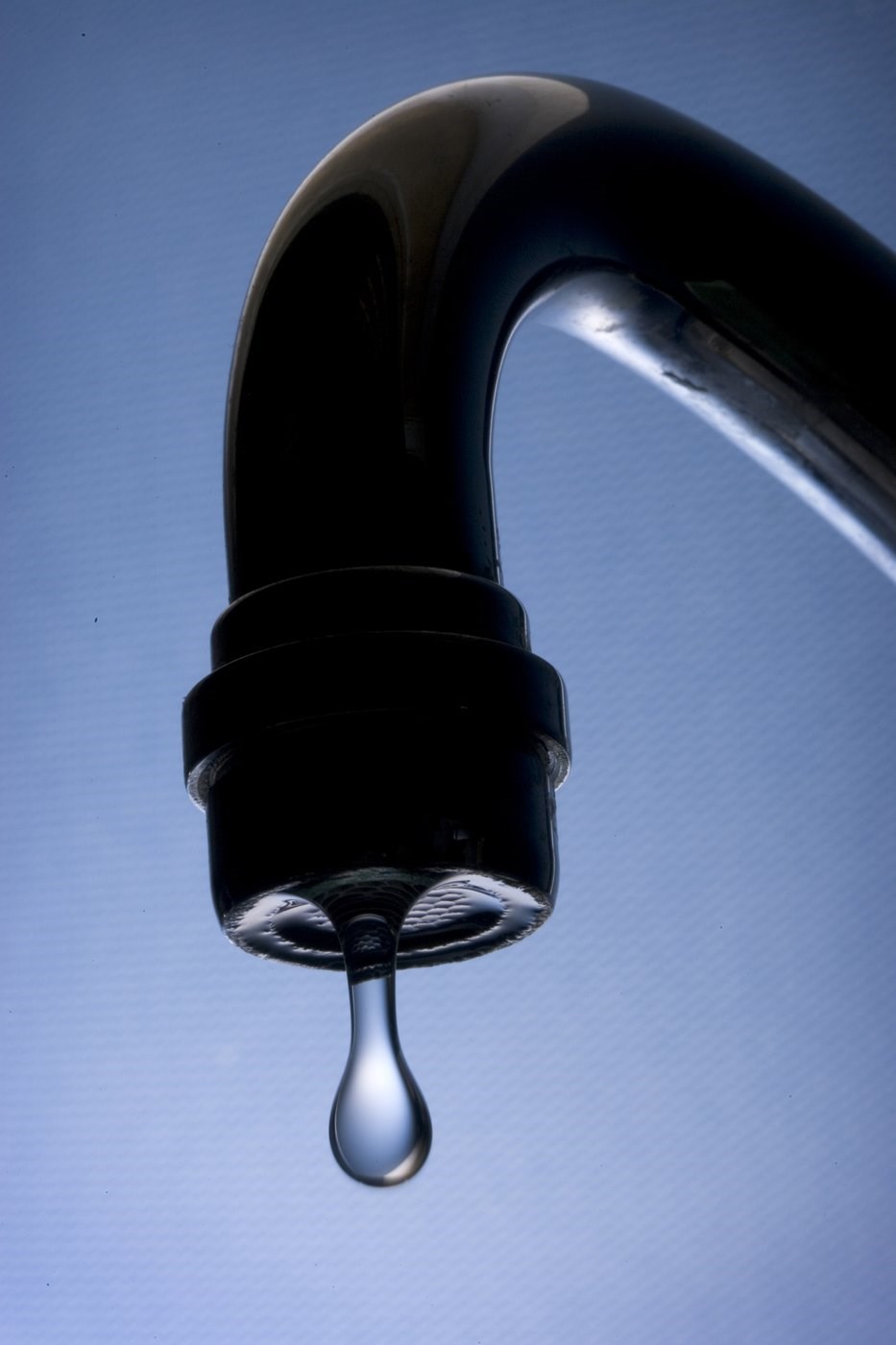NESKANTAGA FIRST NATION, ONT. — A First Nation in northern Ontario that has been under a boil-water advisory for over 30 years is calling on all levels of government to respond to a state of emergency in the area, days after announcing it would evacuate community members hundreds of kilometres south to Thunder Bay.
Chief Gary Quisess of Neskantaga First Nation called a local state of emergency on April 13 after water that had a strong fuel odour flooded into a local nursing station.
A Wednesday news release said that the First Nation began evacuating about 130 people who require "full and immediate access" to health services to Thunder Bay.
Quisess says in a Sunday news release he’s asking government officials to bring emergency health services to the remote community, saying the First Nation has “been forced to survive without the basic rights other communities take for granted.”
Indigenous Services Minister Patty Hadju announced the federal government had agreed the community needed a new water treatment plant in February 2024, and Ottawa committed to help design the new plant and improve the current one.
The federal government also introduced the First Nations Clean Water Act, which if passed would establish minimum nationwide water standards.
The bill had reached its second reading when Parliament was prorogued by then-prime minister Justin Trudeau in January.
The Sunday release from the First Nation says only two nurses remain at a temporary makeshift clinic, and medical staff warn that a serious health event cannot be safely managed under the clinic’s current conditions.
Quisess asks federal leaders to travel to the First Nation to witness the conditions and also asks governments to mobilize emergency health services to the community. He says governments should deliver a written emergency plan outlining when temporary health services will be available and when the nursing station will be restored.
This report by The Canadian Press was first published April 20, 2025.
The Canadian Press



